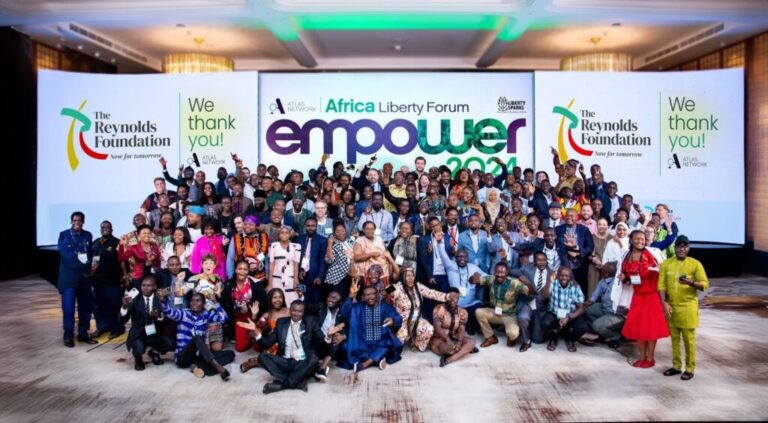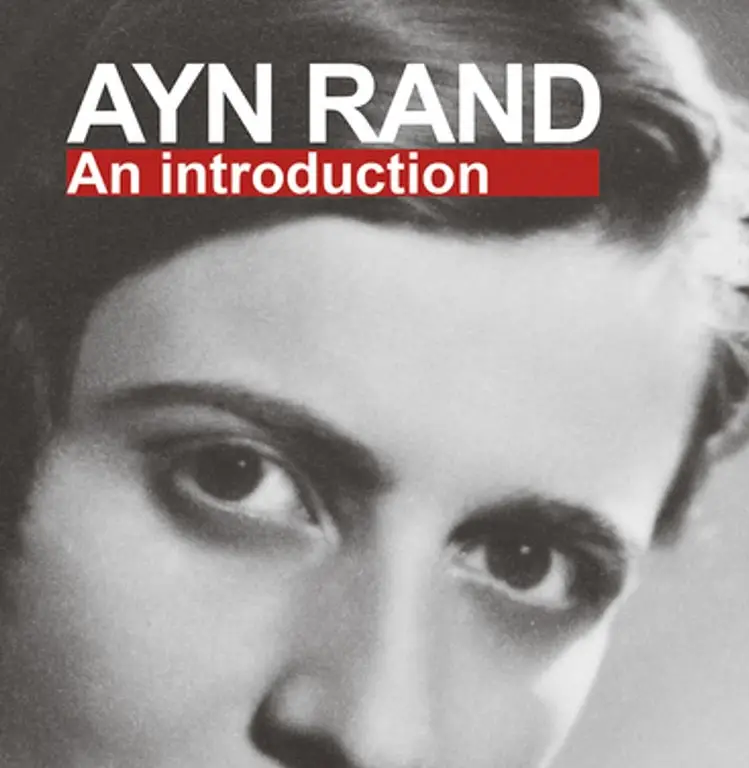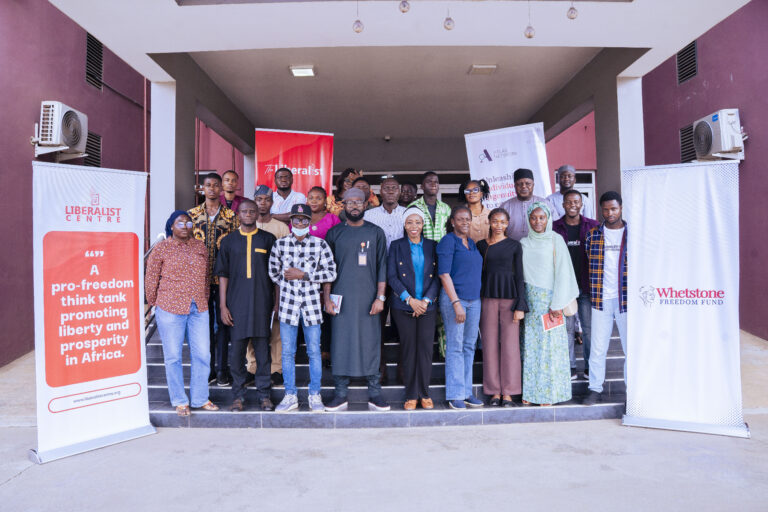Despite almost 30 years of democratic civil leadership, Nigeria continues to face significant challenges in upholding the rule of law and protecting human rights, says Ekpa Ekpa, a Partner at Plan Partners and the Executive Director of Call A Lawyer, Nigeria.
Speaking at the Liberalist Centre’s August webinar on Friday August 29, Ekpa said the future of civil liberties in Africa is increasingly uncertain, particularly given the threats to civic spaces across the continent.
“The civic space is the primary place for the pursuit of civil liberties in our current global order, but the space suffers from the erosion of the protection of the freedom of speech,” he explained.
Ekpa observed that while constitutional provisions for human rights exist across many African countries, their enforcement is largely symbolic. “The constitutional provision for the protection of human rights exists mostly in theory, but not in practice,” he said, citing Nigeria as a case study and a potential role model. “If Nigeria gets things right, all African countries would get things right too.”
Ekpa noted that the Nigerian constitution clearly accentuates citizens’ fundamental human rights along with protection mechanisms, but enforcement agents often encroach on the very rights they are obligated to protect.
He added that the Nigerian constitution clearly outlines citizens’ fundamental rights and sets up mechanisms for their protection. However, enforcement agents often undermine the very rights they are meant to uphold.
“Chapter four of the Nigerian constitution specifically provides for the rights of citizens and how other frameworks are built around ensuring that those fundamental human rights, as enshrined, are being protected, extending to and including the Nigeria Police Force and the Nigeria Police Act that enabled the Nigeria Police Force as an important and crucial institution for the enforcement and protection of the rights of citizens.
“However, it would appear that this is in theory because in most cases where you would want to seek law enforcement to protect your rights, you would realise the fact that the institutions that are primarily designed to enable that enforcement are the ones that would serve as an encroachment or bottleneck to how such rights are protected. That is why lawyers, civil liberty actors and other rights groups are there to ensure that at all times, we continue to fight for the advancement of the rights of citizens,” explained Ekpa.
Protests, Social Media as Key Avenues for Justice in Nigeria
Ekpa further highlighted how law enforcement involvement in protests is often politically influenced. He said: “Security is a different ballgame, because in recent cases the idea of protest and police involvement has been a subject of political involvement at a very serious level. There are situations where some people were hired, even here in Abuja, and then they had to have a counter-protest.
“And those people had to now turn the whole protests into violent activities, and that was one of the reasons why the states have to come in. You know, through the police when ordinarily, the police are meant to provide a safety net for protesters. But then, if people don’t protest, where do we get justice?”
Ekpa also emphasised the growing role of social media in enforcing justice in Africa. He explained in many social media more effective in getting justice that court.
“Unless the system and institutions, particularly law enforcement institutions, are able to understand the fact that the voice of the people is at the core of any democracy, then it would be entirely difficult for us to be sure exactly how citizens’ voices, their civil liberties and rights to development, as enshrined under the constitution, would be protected,” warned Ekpa.
The August webinar, themed “Policing, Protest and Justice: The Future of Civil Liberties in Africa”, is part of the Liberalist Centre’s ongoing advocacy for freedom of expression, digital rights, and ethical governance across the continent.
A report written by Favour Adeboye, Programs Intern at Liberalist Centre













